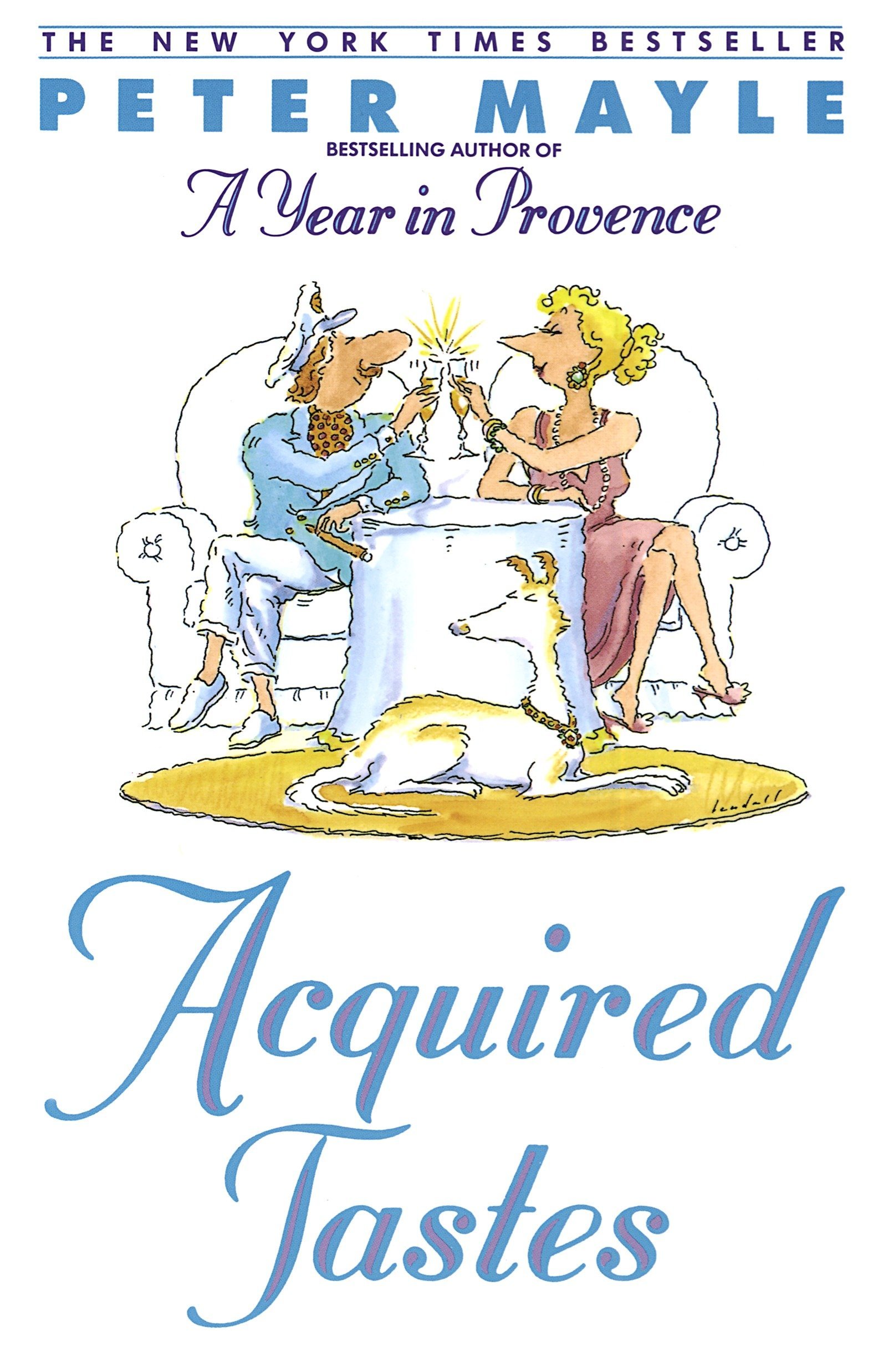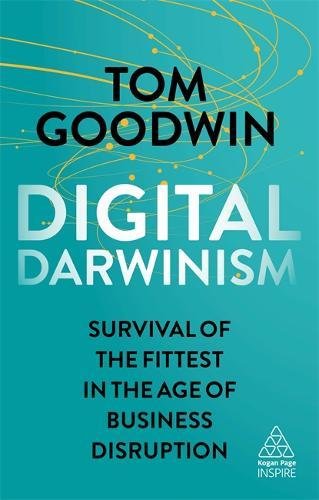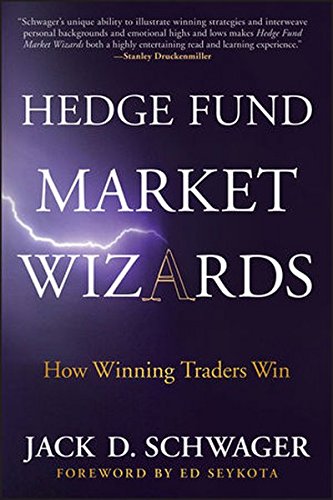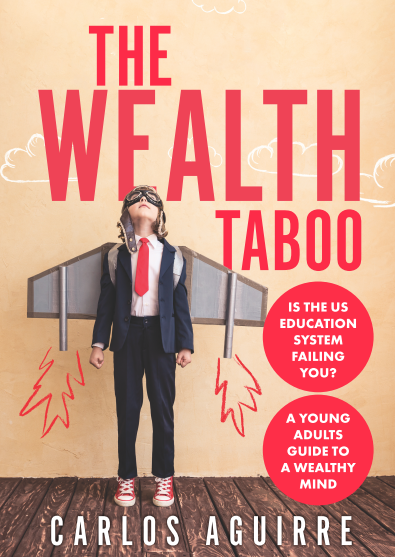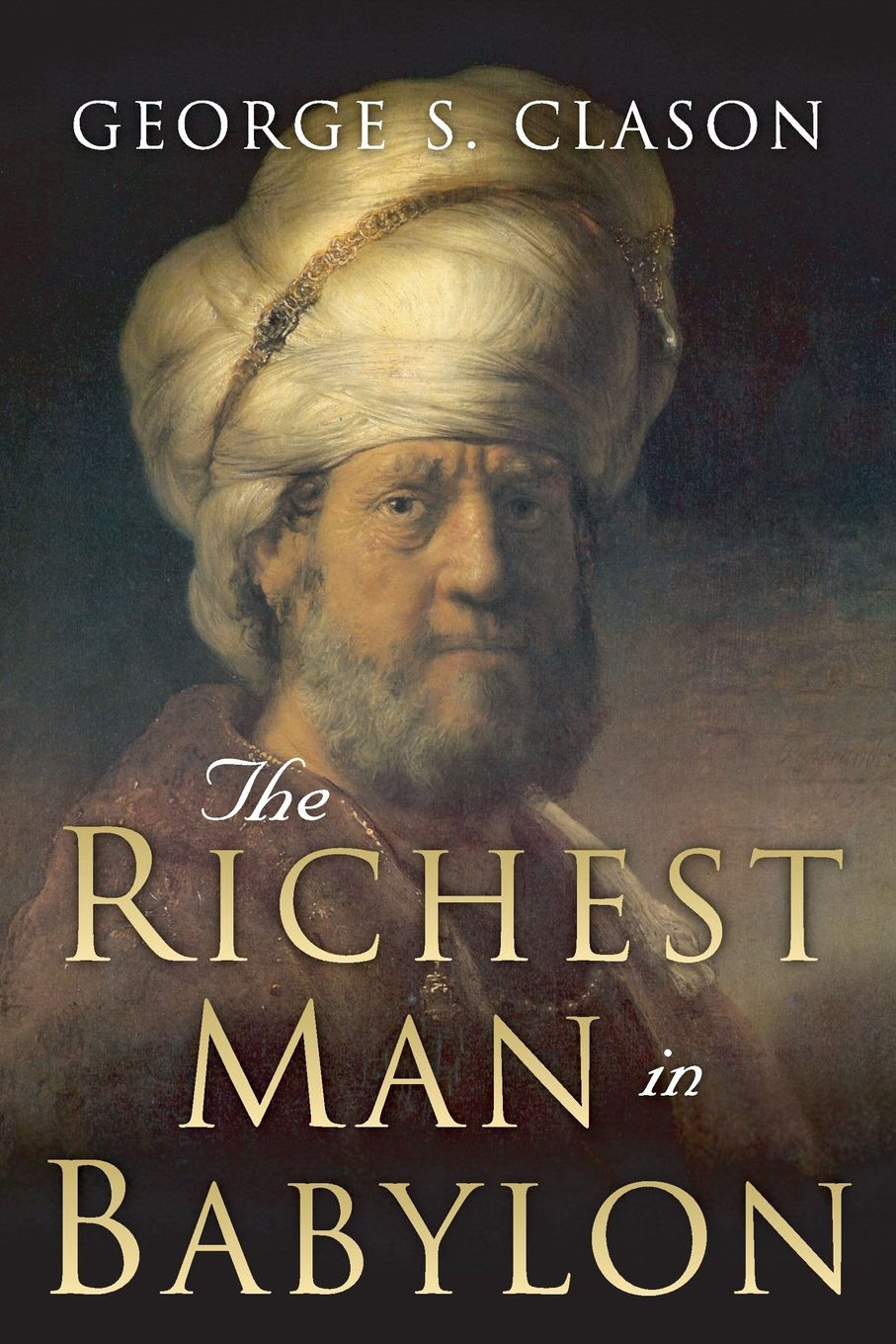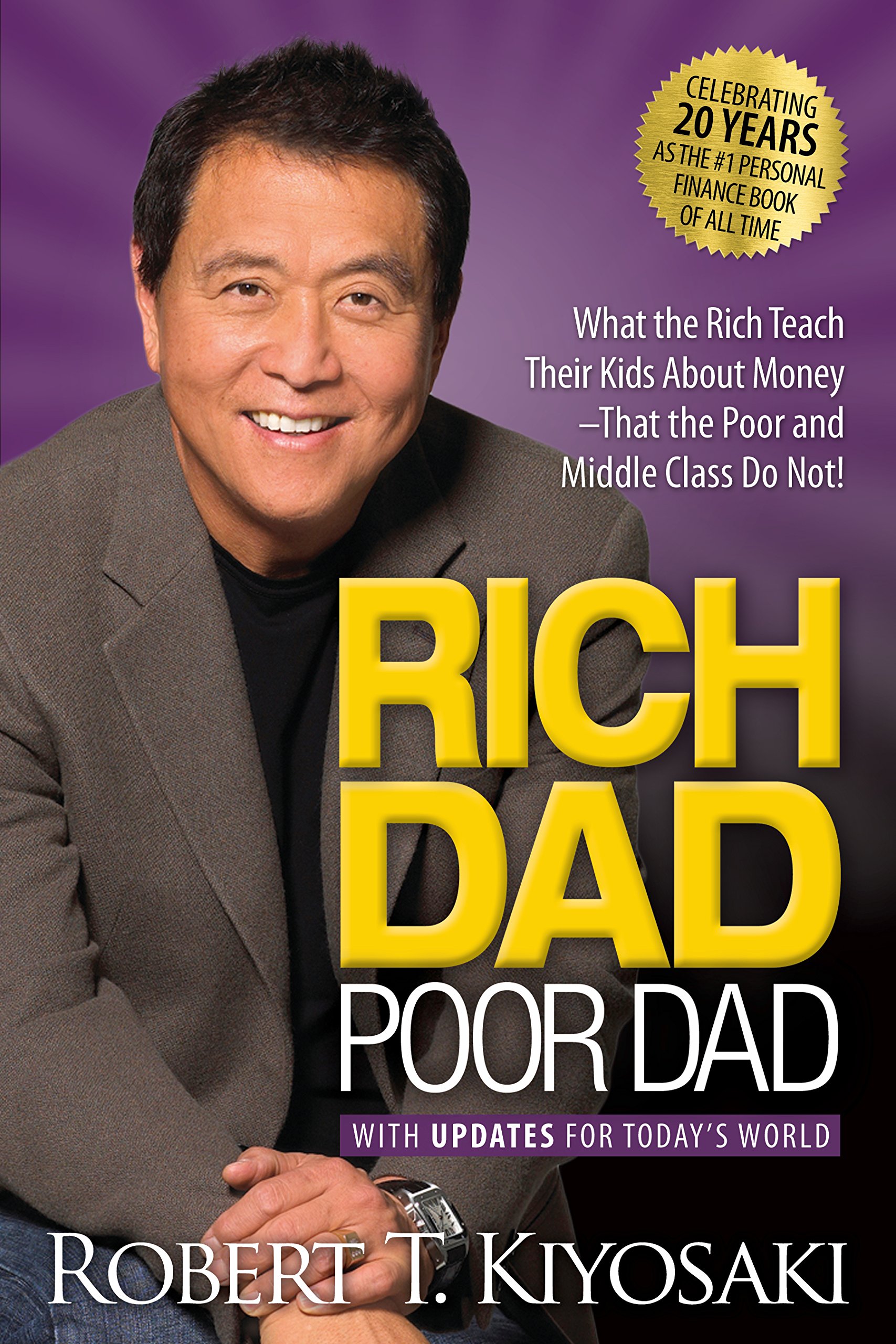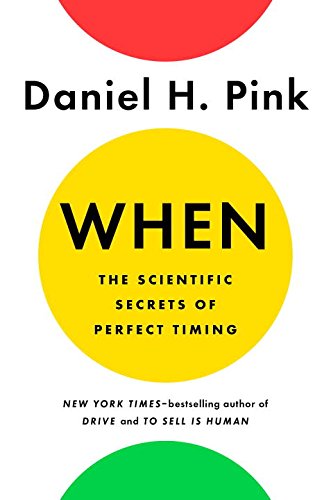Review: Recently I reviewed some books on acquiring wealth (this and this and this and this). Acquired Tastes explores some opportunities to spent large amounts of it. Being a famed author with a generous advance, Peter Mayle sets out to indulge in extravagances and vanities to write about them. From Cuban cigars over french truffles to British taylors, Acquired Tastes tells a charming and colorful story detailing the peculiarities of each pleasantry. Good tips how to get the best hotel rooms, too. It’s interesting how little has changed since the early nineties. The rich still wallow in bespoke cloths, luxury food items and posh accommodation. Just add some technological baubles and you have the upstart millenial’s wishlist. If you want a book on the nicer things of life that is a bit witty, a bit silly, a bit funny and a bit inspirational, Acquired Tastes is for you. Key points: Some expensive things are really nice. Some expensive things are nice, but difficult. Some expensive things are boring. Enjoy! Author affiliations: Peter Mayle had a career in advertising before he became an author. He is was known for his autobiographical novels about life in Provence as a British…
Review: Maybe you have heard about digitalisation? Apparently, it’s something big. But what is it, what does it do, and how will it affect our lives? And why should you read Digital Darwinism instead of all the other books on the topic? Digital Darwinism avoids the usual pitfall of either praising or damning new technologies. In fact, author Tom Goodwin makes a point how this is completely irrelevant. Digitalisation is not about better WiFi chips, or better data storage. It’s about people. People that find new ways to interact with technology. Benefits, not features Digital Darwinism is a rather provocative book, revealing most ideas we have about digitalisation as misconceptions. Most companies define it as taking their old products and try to internet ‘em up somehow. They would be better off trying to find new and creative ways to fulfill customers’ needs. The emergence of Chief Digital Officers in executive boards actually is a sign that companies don’t fully embrace digitalisation yet. Instead of a transformative force that penetrates all functions and business segments, digitalisation is treated as an attachment, bolted on to the old stuff. An interesting question Digital Darwinism raises is “How would your business look like,…
Review: – Disclaimer: the German version comes as a trilogy, and I only read the first book about macro strategists, so technically this review only applies to one third of Hedge Fund Market Wizards. – Trading is easy now. Hundreds of online brokers and trading systems contend for your attention. Each one offers lower transaction fees, more professional analysis tools, better training videos and access to more exotic underlyings than the next. Trading consistently successful, however, is actually pretty hard. Like its predecessors (Market Wizards, New Market Wizards, and Stock Market Wizards), Hedge Fund Market Wizards, contains a series of interviews with successful traders. Author Jack Schwager, himself a recognized trading expert and fund manager, sat down with some of the top hedge fund managers to discuss their personal background and strategies. There is a lot more to trading than you would initially think. Some people trade systematically (using an algorithm to decide about trades), some are discretionary (using their intuition). There are trend followers (expecting a momentary trend to continue for some time) and those who expect a trend to revert to the mean. Some analyze fundamental market data, some just look at price charts. And I’m still taking…
Review: The Daily Telegraph Guide to Investing offers brief descriptions of investments, listed by risk category from pretty safe to high risk/reward assets. Discussed are standard investments like stocks, bonds and gold, but also more “wacky” physical assets like whisky, Lego sets and antique violins. What’s bad about The Daily Telegraph Guide to Investing? While Burn-Callander presents an illustrious variety of investment options, this is a rather slim book. Each investment option gets but a brief portrait, interested investors have to put in a lot of research to actually apply anything. Also, the book puts to much focus on rather obscure physical assets like red wine, Barbie dolls and comic books, that need tons of experience for even slightly accurate evaluations. Also, these kind of assets may be highly sought after by collectors now, but may be worthless in a few years. And even if they do accrue some value, all your profits are theoretical until you actually find someone to sell the thing to. Until then you get nothing and bear the full costs of ownership, like storage and insurance. The risk evaluation for each asset class is all over the place. Why is rental and let real estate…
Review: Just over a hundred pages is a plenty for a scientific thesis or any other format that presents one particular tiny detail with maximum depth. What can we find between the just over a hundred pages of The Wealth Taboo? The history and mechanism of the global banking system, how to read a balance sheet, personal finance and common financial instruments, the proper mindset, ways to generate income (with examples from a photography business), how to get a loan, the basics of networking, entrepreneurship, portfolio theory, the mechanics of inflation and how to find your purpose. The framing story of The Wealth Taboo is about Aguirre meeting his friends (he calls them his ”little friends”) for a picnic, and generously teaching them the most basic personal finance in a way that is both jovial and patronizing. The friends (they seem to be young adults based on what they do) ask questions so imbecilic that for a long time I thought they were young children. Or dogs. Nothing in The Wealth Taboo is wrong. But none of the many topics raised by the book is explained in satisfying depth. Readers with very little financial knowledge will take away some phrases…
Review: The Babylonians invented money. Unfortunately, not enough of it. The Richest Man in Babylon tells the secret how to acquire wealth, no matter what your current situation is. Does that sound too good to be true? Author George Clason chose to reveal the secret to through a series of unrelated fictional stories of rich and successful Babylonians. In the first story, we learn about the “seven cures for a lean purse”. The second story states the “five laws of gold”, which are basically the same thing. The other stories in The Richest Man in Babylon just hammer home the same points several times more. In a nutshell: keep ten percent of your income, reduce your expenses, invest profitably and get the advice of people that are experts in whatever investments you consider. Easy enough, almost trivial, but indeed the foundation of a future fortune. It is astonishing that not more people live that way. One question The Richest Man in Babylon leaves unanswered is how to spot and identify the good investments. Giving money to a brickmaker to purchase jewels is presented as an example of a stupid investment, because a brickmaker does not know enough about jewels. Then…
Review: Simon de Cintra wants to help you unlock your business voice. What does that mean? Something about communicating better and getting heard. Like, when you are a subject matter expert you could learn to appear more leadershippy to add some gravitas to your speech. Something like that. How do you unlock your business voice, whatever that means? By applying the My Business Voice Methodology®. How do you apply the My Business Voice Methodology®? By using VOICE. The acronym stands for Vocation, Observation, Intention, Casting, Experiment. Let me quote from Unlock your Business Voice for you to clear things up: “The first part of the My Business Voice Methodology®, Vocation, is all about choosing your mindset and therefore your role in any piece of communication that you deliver. This will, and indeed should, vary depending on the situation, but absolutely not according to the personalities involved.” Got that? Did you understand, what the vocation part is all about? Well, I did not, so let’s have a look at the full programme to see if we can deduce the meaning of unlocking your business voice: “VOCATION – my new role requires me to contribute to strategic and therefore potentially ambiguous conversations,…
Review: The book that sparked a movement – a cult, really – and is still cited as the number one resource for learning how to amass wealth. Kiyosaki describes the lessons he learned from young age by his two father figures. His father – the poor Dad – was a teacher, highly educated and holding a well-paid job with the government, who struggled to pay his bills. His friend Mike’s father – the rich Dad – dropped out of school and owned several companies. So, how do you get rich? Buy assets first, then pay your bills. The rest of the book merely elaborates on this simple principle. But if it is that simple, why aren’t more people rich? Because it is not obvious, what is an asset, and what is a liability (so invest in your financial education). It is hard to spot great investments (so invest in your network). And it’s hard to not pay anybody else first (so form a company to buy assets with pre-tax money). Each chapter of Rich Dad, Poor Dad consists of four parts. First, Kiyosaki recites tales from his youth, and what his titular Dads taught him. This is followed by a…
Review: There’s no shortage of how-to books. There are books on how to get rich, how to be successful, how to become famous, how to be happy, how to win friends and influence people. Pink wrote a when-to book instead. When is a thoroughly researched book on chronobiology, the special effects of beginnings, midpoints and endings, and the stages of timing and synchronisation. Some people are larks, rise early and are obnoxiously high-spirited throughout the morning, but stumble through the afternoon. Some people are owls who go to bed in the early morning hours to sleep until noon. Should the workplace demand early attendance (it does), you recognize owls by their huge cups of coffee and their inability to talk without grumbling. Pink defines a third category for people who wake up moderately early, into which the majority of people falls. Your chronotype (which kind of bird you are) has huge effects on your mood and alertness throughout the day. Depending on what bird you are, and on the nature of the task, you will be more efficient at some things in the morning, while excel at other stuff in the afternoon. Most people, however, experience a significant trough in…
Yay, one year of excellent reviews! Well, technically, this blog is less than one year old, but I think I started early enough to have a year-end conclusion of 2017 already. In 2017 I read and rated 15 books, and posted two special reviews, as well as two additional articles. I reached an average of more than one view per day, which is in tune with my efforts at promoting this blog. At least I now repost my reviews on goodreads.com. For the next year I aim for more of everything: more content, more books, more buzz, more growth. Let’s see how well that goes! But first, you’re in for the obligatory best-of section. Best book reviewed in 2017: That’s a very easy choice: How to Win Friends and Influence People is probably my favourite non-fiction book of all time. This is easily the single most valuable book I have read in my life. Pretty much every tip Carnegie gives can be applied immediately, in uncountable situations. I learned from this book how to understand and relate to other people better, and have much more satisfying social interactions ever since. Best book published in 2017: Barking up the wrong…
